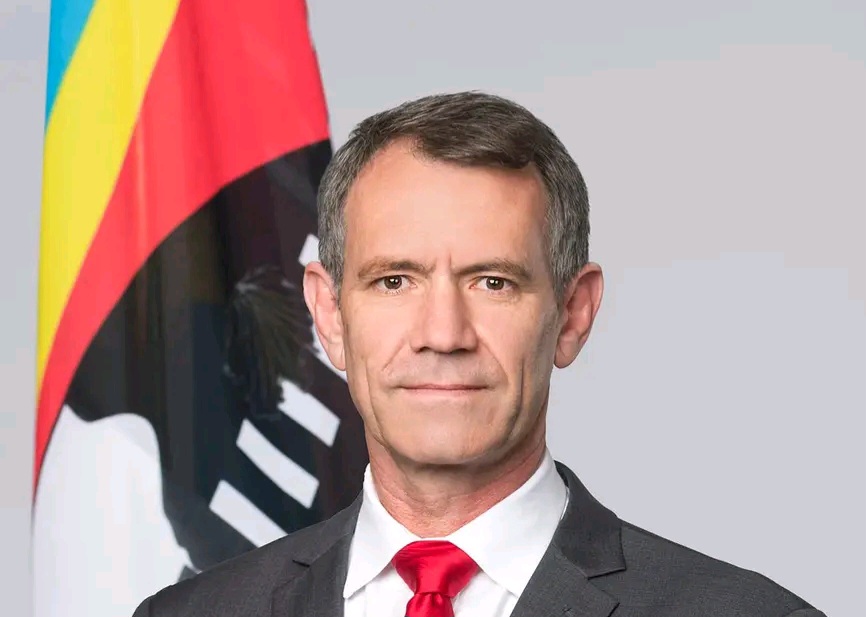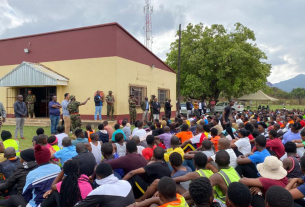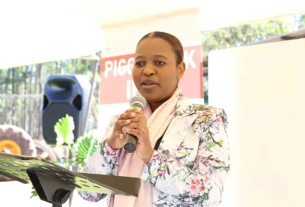BY MBONO MDLULI
MBABANE – Minister of Finance Neal Rijkenberg has continued with his call for the World Bank to consider a climate debt write-off for developing countries, such as those that are in the African continent.
Rijkenberg made this call last week when he attended the World Bank and International Monetary Fund (IMF) meetings in Washington DC in the United States of America (USA). In his #FinanceInFocus programme today (Tuesday, November 5, 2024), the minister mentioned that he lobbied his fellow ministers of finance from other countries, especially in the African continent, to challenge the World Bank to consider the debt write-off.
He said the reason for this call was that many of the developing countries suffered the worst consequences of climate change, yet they contributed less to the climate change. Rijkenberg mentioned that about nine out of 10 countries in this world that were hit the hardest by climate change were from the African continent. He said these countries contributed about two percent in terms of green gas emissions, which caused the climate change.
The minister shed some light on what is known as the rating agencies. He said these agencies looked at the risks of each country and rated it according to those risks. This is because of the climate vulnerability countries like Eswatini found themselves in, despite the fact that they contributed less to the existence of climate change. He said the agencies looked at the risks of the countries and rated them according to those risks.
He said climate change was one of the worst risks in countries on the African continent. He said the more the risks, the more costs the countries were made to incur. The amount of interests such countries were made to pay were dependent their ratings, which simply meant these countries were made to pay more interests. According to the minister, institutions such as the IMF and World Bank did not look at the ratings, which was fair. However, the most disadvantage was that other commercial lending institutions such as banks did consider the ratings.
Even if the World Bank and IMF did not look at such ratings, Rijkenberg pleaded with them to consider such issues so that climate-vulnerable countries, such as African countries, were not subjected to such an international financial architecture, which Minister Rijkenberg described as being unfair. He said Eswatini was part of a group of countries known as V20. He said ministers of finance from the V20 countries were the ones that lobbied the World Bank and the IMF to consider their plea.








